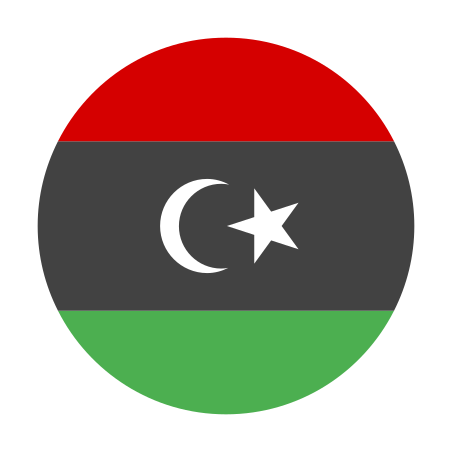


Libya's oil production sometimes leads to disputes between companies and local inhabitants, such as in oasis areas Jalu, Jakharrah, and Awjilah. For this study, Khadija Faraj interviewed people who were affected by oil pollution and local experts.


Libyan women have the right to inherit land – both in sharia and statutory law – and depriving them of this right (‘disinheritance’) is even forbidden. But what happens in practice? Suliman Ibrahim and Bruno Braak dive deep into one case study to learn how women's attitudes and actions in response to disinheritance are changing.

When you think about civil war, perhaps the loss of personal documentation is not the first thing that comes to mind. Yet such losses can have long-lasting negative impacts on the lives of people. Monder Daw Qayeed shows this based on case study research among internally displaced Tawerghans who now live in Tripoli. This study is part of Phase 1 of the Access to Justice-project.

During the Gaddafi-regime, several laws expropriated and redistributed people's property on a massive scale. Since Gaddafi's fall, former owners and their offspring have been trying to reclaim their land. In Al-Marj, some of these disputes escalated violently and pitted entire families against one another.

The Abu Salim prison massacre of 1996 is arguably the most heinous act of state repression in Libya's living memory. Some 1270 prisoners were killed and the events were denied and obscured by state authorities. Supreme Court Judge Ali Abu Raas studied the justice journeys of three family members of the victims of the Abu Salim-prison massacre.

To learn about access to justice, it is essential to research empirically what ordinary people do with 'potentially legal problems': their justice journeys.

We can learn rich lessons from Adriaan Pelt’s narrative of the journey towards Libya’s independence. Lessons which have new salience amidst the armed conflicts, political disputes, social tensions, and regional differences which today put the existence and unity of Libya in real and imminent danger.

Transitional justice and reconciliation are hotly debated topics in Libya. In this piece, Marieke Wierda draws on her experiences in Libya and beyond to propose four key policy questions that may require further discussion in Libya.

The overthrow of Gaddafi in 2011 has sparked a debate about the position of Sharia in the new Libya. While there seems to be a consensus that it should play a role, opinions differ as to the details of this role. This division lies at the heart of the current political and military crises.